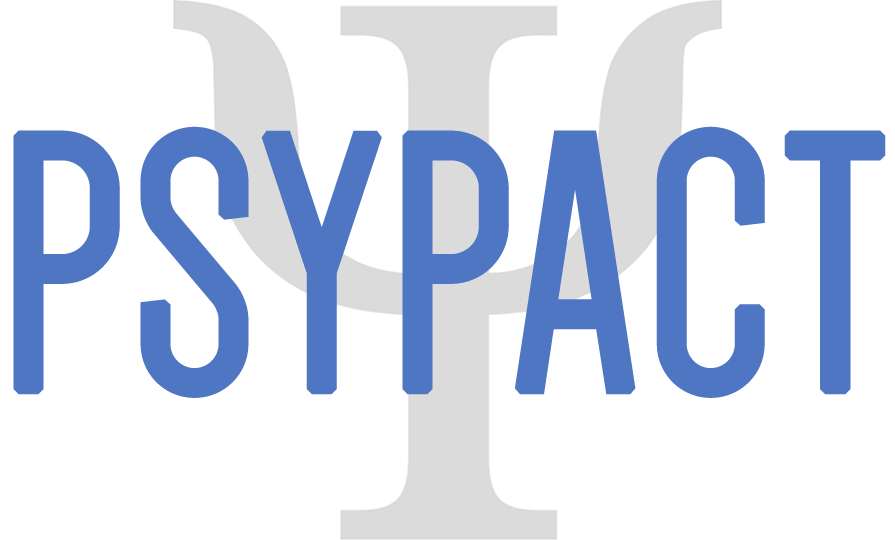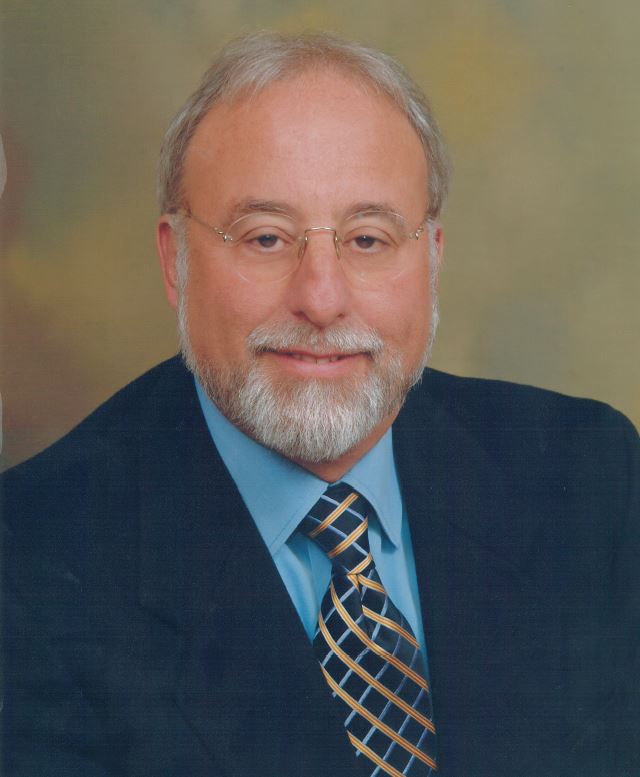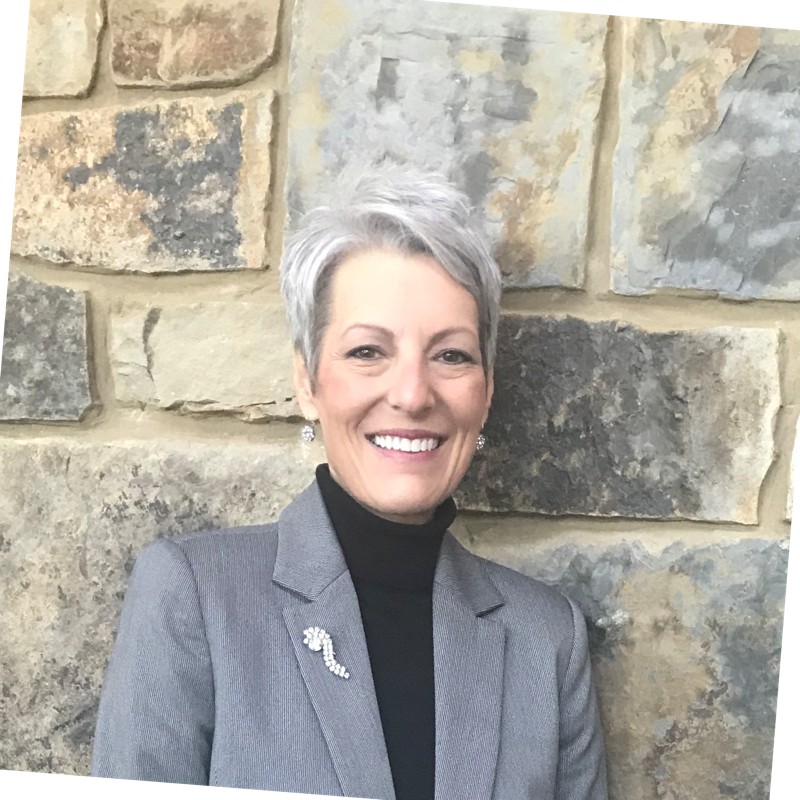
The Nevada Psychological Association,
in collaboration with the Utah Psychological Association,
presents
The Ethics of Practicing Telepsychology Across Jurisdictions
Presented by Alex Siegel, Ph.D., Mariann Burnetti-Atwell, Psy.D.,
Deborah Elliott-DeSorbo, Ph.D., Nicole Anders, Psy.D.
Friday, October 6th, 2024 9:00am - 12:15pm
3 CE Credits
This workshop will be presented as a live, virtual presentation via Zoom webinar.
Participants will be able to communicate with the presenter in real-time during the course of instruction. As participants can interact in real-time with the presenter, this webinar meets the requirements as a live or face-to-face CE training by the State of Nevada Board of Psychological Examiners.

Approved for Nevada Psychologists, LCSWs and MFTs.
NPA is approved by the American Psychological Association to sponsor continuing education for psychologists. NPA maintains responsibility for this program and its content.
About the Workshop
The presentation will cover the need and rationale for allowing psychologists to use electronic communications interjurisdictionally to provide telepsychological services ethically and legally to patients. It will examine the APA Guidelines on Telepsychology with particular focus on competency, informed consent and confidentiality and security of the data. The presentation will provide a discussion of the Association of State and Provincial Psychology Boards E.Passport, the Interjurisdictional Practice Certificate, the Psychology Interjurisdictional Compact (PSYPACT) and how psychologists can apply and practice under the authority of PSYPACT. Time will also be taken to address common questions that arise around the use of telepsychology.
This continuing education training will satisfy the annual CE requirements for E.Passport holders.
Learning Objectives
At the end of this program, participants will be able to:
1. Discuss the APA Guidelines for Telepsychological Practice
2. Apply ethical and legal ways to provide interjurisdictional telepsychological services to patients
3. Explain what steps are required for psychologists to obtain the authorization to practice interjurisdictionally by way of PSYPACT
4. Discuss challenges individuals have while practicing across jurisdictions and the potential solutions to support positive outcomes
About the Speakers
 Alex M. Siegel, J.D., Ph.D. is an attorney and clinical psychologist. Three different Pennsylvania Governors (Ridge, Schweiker and Rendell) appointed Dr. Siegel to the Pennsylvania State Board of Psychology. He served on the Board for 13 years, 6 of which as Chair of the State Board. Dr. Siegel was elected to the Board of Directors of the Association of State and Provincial Psychology Boards (ASPPB). He was also elected President of ASPPB in 2008. Currently, Dr. Siegel is the Director of Professional Affairs (DPA) for ASPPB. In his role as DPA, he serves as a liaison between ASPPB and state and national psychological associations. He provides training to new members of psychology licensing boards in the U.S. and the colleges of psychology in Canada. He was staff to the APA/ASPPB/APAIT joint task force on telepsychology and to the ASPPB task force on regulations for interjurisdictional telepsychological practice. He was a member of the PSYPACT task force. He is also Chair of the ASPPB Model Act and Regulations Committee (MARC). In addition, Dr. Siegel consults with state governments, attorneys, courts and maintains a small clinical and forensic practice. Dr. Siegel's CV Alex M. Siegel, J.D., Ph.D. is an attorney and clinical psychologist. Three different Pennsylvania Governors (Ridge, Schweiker and Rendell) appointed Dr. Siegel to the Pennsylvania State Board of Psychology. He served on the Board for 13 years, 6 of which as Chair of the State Board. Dr. Siegel was elected to the Board of Directors of the Association of State and Provincial Psychology Boards (ASPPB). He was also elected President of ASPPB in 2008. Currently, Dr. Siegel is the Director of Professional Affairs (DPA) for ASPPB. In his role as DPA, he serves as a liaison between ASPPB and state and national psychological associations. He provides training to new members of psychology licensing boards in the U.S. and the colleges of psychology in Canada. He was staff to the APA/ASPPB/APAIT joint task force on telepsychology and to the ASPPB task force on regulations for interjurisdictional telepsychological practice. He was a member of the PSYPACT task force. He is also Chair of the ASPPB Model Act and Regulations Committee (MARC). In addition, Dr. Siegel consults with state governments, attorneys, courts and maintains a small clinical and forensic practice. Dr. Siegel's CV
 Mariann Burnetti-Atwell, PsyD, serves as the Chief Executive Officer for the Association of State and Provincial Psychology Boards. Before assuming this position, Dr. Burnetti-Atwell served as the Senior Vice President of Behavior Health Services for the national correctional healthcare company, Corizon Health. For the 15 years prior to that role, Dr. Burnetti-Atwell provided behavioral health and administrative leadership to the State of Missouri in a variety of leadership roles within the Departments of Corrections and Social Services. In addition, she served on the Missouri State Committee of Psychologists through the appointments of two Missouri Governors. Dr. Burnetti-Atwell's CV Mariann Burnetti-Atwell, PsyD, serves as the Chief Executive Officer for the Association of State and Provincial Psychology Boards. Before assuming this position, Dr. Burnetti-Atwell served as the Senior Vice President of Behavior Health Services for the national correctional healthcare company, Corizon Health. For the 15 years prior to that role, Dr. Burnetti-Atwell provided behavioral health and administrative leadership to the State of Missouri in a variety of leadership roles within the Departments of Corrections and Social Services. In addition, she served on the Missouri State Committee of Psychologists through the appointments of two Missouri Governors. Dr. Burnetti-Atwell's CV

Deborah Elliott-Desorbo, Ph.D. is a licensed clinical psychologist specializing in the areas of gender, sexuality, health psychology, integrated care, military issues (she was once an active duty clinical psychologist), and trauma. She practices at St Louis Behavioral Medicine Institute where she is the Director of the Health Psychology Program, the Founding Director of the Gender Affirming Program, and serves as the Institute’s Training Director. She is the current President Elect of the Utah Psychological Association and is the Past President of the Psychological Society of the Pikes Peak Region. Deb holds active licenses in MO, UT and HI, and has held an APIT and E. Passport from PSYPACT since 2020. Dr. Elliott-DeSorbo's CV

Nicole Anders, Psy.D. is a clinical psychologist in Nevada who specializes in treating trauma and in women’s health. Dr. Anders is trained in numerous protocols such as EMDR, Prolonged Exposure (PE), Cognitive Processing Therapy (CPT), and Acceptance and Commitment Therapy (ACT). She also assisted in the creation of Trauma Recovery Yoga (TRY) and continue to instruct students in the TRY-method of yoga science. Dr. Anders holds active licenses in NV and CA and is also a E.Passport holder from PSYPACT. Dr. Anders CV
Audience
This presentation is intended for psychologists, other licensed mental health providers, and graduate students of psychology.
Registration Fees
NPA Member $75.00 (Early Bird Discount $60.00 valid until 9/16)
Non-Member $105.00 (Early Bird Discount $85.00 valid until 9/16)
Student NPA Member $0.00 (Student NPA members can attend our live, virtual trainings for n/c with discount code)
Student Non-Member $60.00
General Information
Zoom Login Link and Handout Materials:
Zoom webinar login link and Handout materials will be sent out electronically to all attendees no later than one week prior to workshop date. Printed handout materials are not available for purchase as this CE training is being offered remotely.
Workshop Location:
Live, virtual webinar via Zoom webinar.
Closed Captions
Live audio captions will be provided for this event. If you need additional disability-related accommodations, please contact us by email us at [email protected] or by phone (888) 654-0050. Requests should be made at least two weeks in advance of workshop date.
Refunds & Grievance Policy: Participants may direct questions or grievances to NPA at (888) 654-0050. An administrative fee of $15 will be charged for cancellation of registration. Please note, no refunds will be granted after Sept 26th, 2023.
Approval
Approved by Nevada Board of Psychological Examiners. Nevada Psychological Association (NPA) is approved by the American Psychological Association to offer continuing education for psychologists. NPA maintains responsibility for the program and its content. NPA will issue certificates of completion. APA CE rules require that we only issue credits to those who attend the entire workshop. Attendance is strictly monitored. Those logging into the webinar more than 15 minutes late or logging off before the entire workshop is completed will not receive CE credits (i.e. partial credit will not be given).
Refund Policy
NPA will grant refunds up to 10 days prior to workshop date (minus a $30 administrative fee). Refund requests received less than 10 days prior to workshop date will be given a CE credit, valid for one year, to be used towards registration to a future NPA CE workshop.
References
PSYPACT https://cdn.ymaws.com/psypact.site-ym.com/resource/resmgr/psychology_interjurisdiction.pdf
American Psychological Association, Joint Task Force on the practice of Telepsychology. APA Guidelines for the Practice of Telepsychology. (2013). American Psychologist. Washington, DC: Author. https://www.apa.org/practice/guidelines/telepsychology/
Backhaus, A., Agha, Z., Maglione, M. L., Repp, A., Ross, B., Zuest, B., Thorp, S. R. (2012). Videoconferencing psychotherapy: A systematic review. Psychological Services, 9(2), 111-131.
Barnett, J.E. & Kolmes, K. (2016) The Practice of Tele-Mental Health: Ethical, Legal, and Clinical Issues for Practitioners. Practice Innovations, 1(1), 53–66.
Brearly, T. W., Shura, R. D., Martindale, S. L., Lazowski, R. A., Luxton, D. D., Shenal, B. V, & Rowland, J. A. (2017). Neuropsychological test administration by videoconference: A systematic review and meta-analysis. Neuropsychology Review, 27(2), 174–186. https://doi.org/10.1007/s11065-017-9349-1
Carpenter, A., Pincus, D., Furr, J., & Comer, J. (2018). Working From Home: An Initial Pilot Examination of Videoconferencing-Based Cognitive Behavioral Therapy for Anxious Youth Delivered to the Home Setting. Behavior Therapy, 49(6), 917–930.
Fernandez, E., Woldgabreal, Y., Day, A., Pham, T., Gleich, B., Aboujaoude, E. (2021). Live psychotherapy by video versus in-person: A meta-analysis of efficacy and its relationship to types and targets of treatment. Clinical Psychology ad Psychotherapy, 1–15.
Grosch, M. C., Gottlieb, M. C., & Cullum, C. M. (2011). Initial practice recommendations for teleneuropsychology. Clinical Neuropsychologist, 25(7), 1119–1133. https://doi.org/10.1080/13854046.2011.609840
Luxton, D. D., Pruitt, L. D., & Osenbach, J. E. (2014). Best practices for remote psychological assessment via telehealth technologies. Professional Psychology: Research and Practice, 45(1), 27–35. https://doi.org/10.1037/a0034547
McClellan, M.J., Florell, D., Palmer, J., & Kidder, C. (2020). Clinician Telehealth Attitudes in a Rural Community Mental Health Setting. Journal of Rural Mental Health, 44(1), 62-73.
Shore, J. H., Yellowlees, P., Caudill, R., Johnston, B., Turvey, C., Mishkind, M., … Hilty, D. (2018). Best Practices in Videoconferencing-Based Telemental Health. Telemedicine Journal And E-Health: The Official Journal Of The American Telemedicine Association, 24(11), 827–832. https://doi-org.proxygw.wrlc.org/10.1089/tmj.2018.0237
American Telemedicine Association Guidelines https://www.liebertpub.com/doi/abs/10.1089/tmj.2016.0065?journalCode=tmj
American Telemedicine Association Practice Guidelines for Telemedicine Health with Children and Adolescences https://www.liebertpub.com/doi/abs/10.1089/tmj.2017.0177 1 Oct 2017https://doi.org/10.1089/tmj.2017.0177
There is no potential conflict of interest and/or commercial support for this program or its presenters.
|